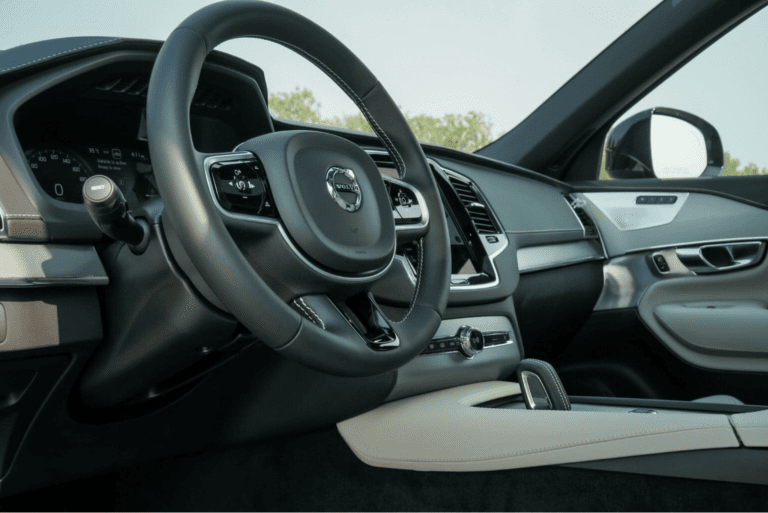Is your vehicle lease almost up? It’s time to decide what to do next. We’ll guide you through the steps you should take when your lease term is about to finish, what your options are, potential extra charges, and why they might apply. Birchwood is here to make your lease transition as smooth as possible!
Understanding Your Options
1. Return the Car
One of your options when your lease has ended is to return the car to the dealership. However, you might face extra charges if you’ve gone over the mileage limit or if there’s more wear and tear than allowed which we’ll touch on later in the article.
2. Buy the Car
Some leases offer the chance to buy the car at a set price, known as the residual value. This is the value of the car left-over after your lease ends. Buying the vehicle is a good option if you’ve grown fond of the car and want to own it.
3. Lease a New Vehicle
If you enjoy leasing your vehicle and want to continue leasing, you can check out new lease options with the dealership. This is a great choice if you like having a new car every few years.
Read More: How to Lease a Vehicle in 5 Steps
4. Extend Your Lease
Certain lease agreements allow extensions to your lease. If you need more time to decide or want to keep driving the same car, ask about extending your lease.

Potential Extra Charges
Excess Mileage
One extra charge you might face is for excess milage. If you’ve driven more than the mileage limit in your lease, which is usually 12,000 to 24,000 kilometres per year depending on the vehicle, you’ll probably face extra charges. These charges are based on each kilometer you’ve gone over. The standard amount in Canada is 10 to 20 cents per km over the limit.
Wear and Tear
Normal wear and tear is expected when leasing, but significant damage or changes to the vehicle that go beyond what’s reasonable may lead to extra fees. It’s crucial to inspect your car before returning it and discuss with us about the amount of damage that is acceptable.
Missing Equipment
Make sure you return all the accessories and equipment that came with the vehicle. If something is missing, you might be charged for it.
Outstanding Payments
Double-check that you’ve paid all your lease installments, including any late fees. Unpaid payments could affect the return process.
Why the Extra Charges?
Fairness
The charges are meant to be fair and reasonable. They ensure that those who use the vehicle more or cause more wear and tear contribute a fair amount for the vehicle.
Maintaining Vehicle Value
Going over the mileage limit and causing extra wear and tear can lower the car’s resale value. These charges help keep the car’s condition and value in check.
Risk Management
Dealerships take on some risk when they lease out vehicles. Extra charges help them handle this risk and cover any unexpected costs.

As your vehicle lease ends, it’s important to understand your options and possible extra charges, and we’re here to help! Whether you decide to return the car, buy it, lease a new one, or extend your lease, being informed will help you make the best choice for your situation. By managing any extra charges responsibly and understanding why they apply, you can finish your lease confidently and look forward to your next vehicle!


